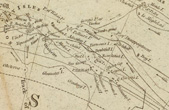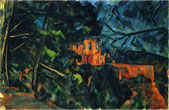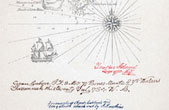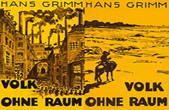Adventure and Modernity
The history of modern narration can be told, at least as relevant to novels, as the story of the rejection of adventure. In modernity, tales of adventure become the epitome of a false story that conveys the illusion of coherence and is subject to a trivial narrative pleasure principle. This history of rejection begins with Cervantes’ parody of chivalric adventure and culminates in the twentieth century with what could be simplified as the emancipation of the narrative process from the plot. The question of how it is possible to not write an adventure becomes crucial to the poetics of the modern novel.
Parallel to this, modern popular fiction was to constitute itself in the first place as a space of what was rejected. Because the claim of transgression in a mapped world seemed increasingly implausible, such popular compensatory forms shifted adventures to the periphery of the civilized world (colonial literature), into magical parallel worlds (fantasy), or in different galaxies (science fiction).
In addition to the paradigm of adventure appearing to live on in popular literature, the research group also focusses on its disguised persistence in high literature: here adventures also continue subliminally, whether as a novelistic enclave, in phase of refraction and reflection, within the interior of advanced narrative literature, or in conscious negative appropriation by the avant-gardes. The insistence of what was overcome indicates a moment of truth within the false story: a kind of truth of the phantasm that modernity cannot quite relinquish.






